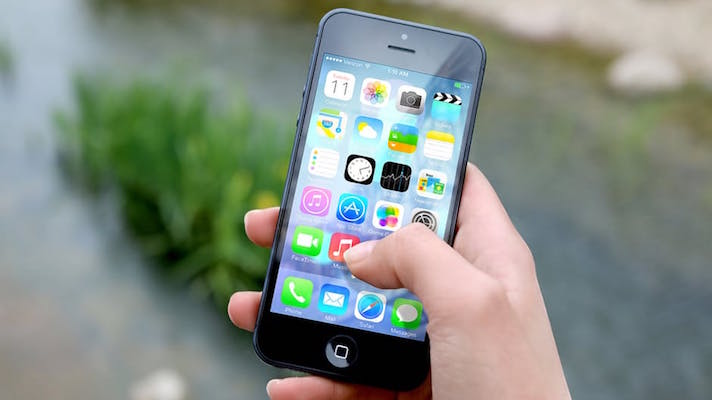 Molina, CareSpeak team up for adherence program. Molina Healthcare, a multi-state healthcare organization, tapped CareSpeak Communications to develop a text message program to improve medication adherence. Members in California, Michigan, and Ohio can recieve tailored reminders, feedback, and encouragement about their medications in English or Spanish.
Molina, CareSpeak team up for adherence program. Molina Healthcare, a multi-state healthcare organization, tapped CareSpeak Communications to develop a text message program to improve medication adherence. Members in California, Michigan, and Ohio can recieve tailored reminders, feedback, and encouragement about their medications in English or Spanish.
"Molina's mission is to provide quality health services to financially vulnerable families. Our members tend to be at greater risk for prescription medication errors and non-adherence. Digital technologies like the CareSpeak text messaging platform are affordable and scalable tools we can use in combination with our medication therapy management to better help our members manage their medications and avoid the unintended consequences of non-adherence" Dr. Martha Molina Bernadett, CIO at Molina, said in a statement.
Device Technologies acquires uHealth. Over in Australia, Device Technologies, a medical equipment distributor has signed an agreemend to acquire uHealth, a four-year-old digital health startup that partners with developers and suppliers to vet digital health devices and get them into the hands of consumers, hospitals, and physicians in Australia and New Zealand. The terms of the deal were not disclosed.
“This partnership with Device Technologies is an exciting milestone for uHealth and for digital health in Australia and New Zealand," uHealth director Will Knox said in a statement. "We are enthused about partnering with one of the region’s most successful medical technology businesses to expand the capabilities of our digital and surgical innovations. ... For such an established and recognized business to demonstrate its interest in digital health, and health innovation more broadly, represents an exciting sign for the future of health care delivery in this part of the world."
A breathalyzer for flu detection. A professor at the University of Texas at Arlington has developed a prototype device that would detect the flu on a person's breath, and described the invention in a paper published in the journal Sensors. Her methods could eventually make their way to tests administered at retail clinics or even an at-home smartphone-connected device.
"I think that technology like this is going to revolutionize personalized diagnostics," the researcher, Perena Gouma, said in a university news release. "This will allow people to be proactive and catch illnesses early, and the technology can easily be used to detect other diseases, such as Ebola virus disease, simply by changing the sensors. Before we applied nanotechnology to create this device, the only way to detect biomarkers in a person’s breath was through very expensive, highly-technical equipment in a lab, operated by skilled personnel. Now, this technology could be used by ordinary people to quickly and accurately diagnose illness.”
Vocera gets another DoD vote of confidence. Vocera Communications, which landed a major Department of Defense contract earlier this month, has received additional interoperability and security certifications that will allow it to fulfill that obligation. Specifically, the company met the stringent criteria for inclusion on the DoD Unified Capabilities (UC) Approved Products List (APL).
Pokémon Go! is still going strong. Via a new report from Sensor Tower, the game -- which has been often cited as an "accidental health app" for its capacity to promote exercise -- has now surpassed $1 billion in revenue in six months, a virtually unheard of figure. Says TechCrunch: "To give the record some context, a recent App Annie report estimated that iOS and Android developers earned around $35 billion combined last year. Pokémon Go did $1 billion in just over six months, and without a launch in China, the world's largest smartphone market. That’s faster than other billion-dollar games Candy Crush Saga and Puzzles & Dragons."

















